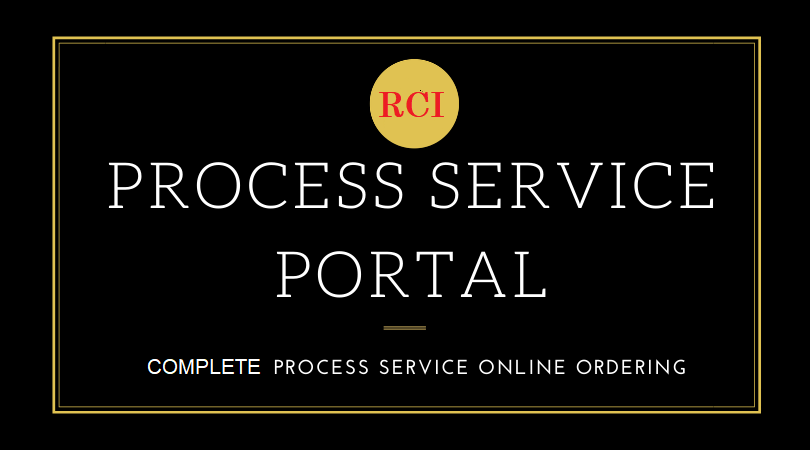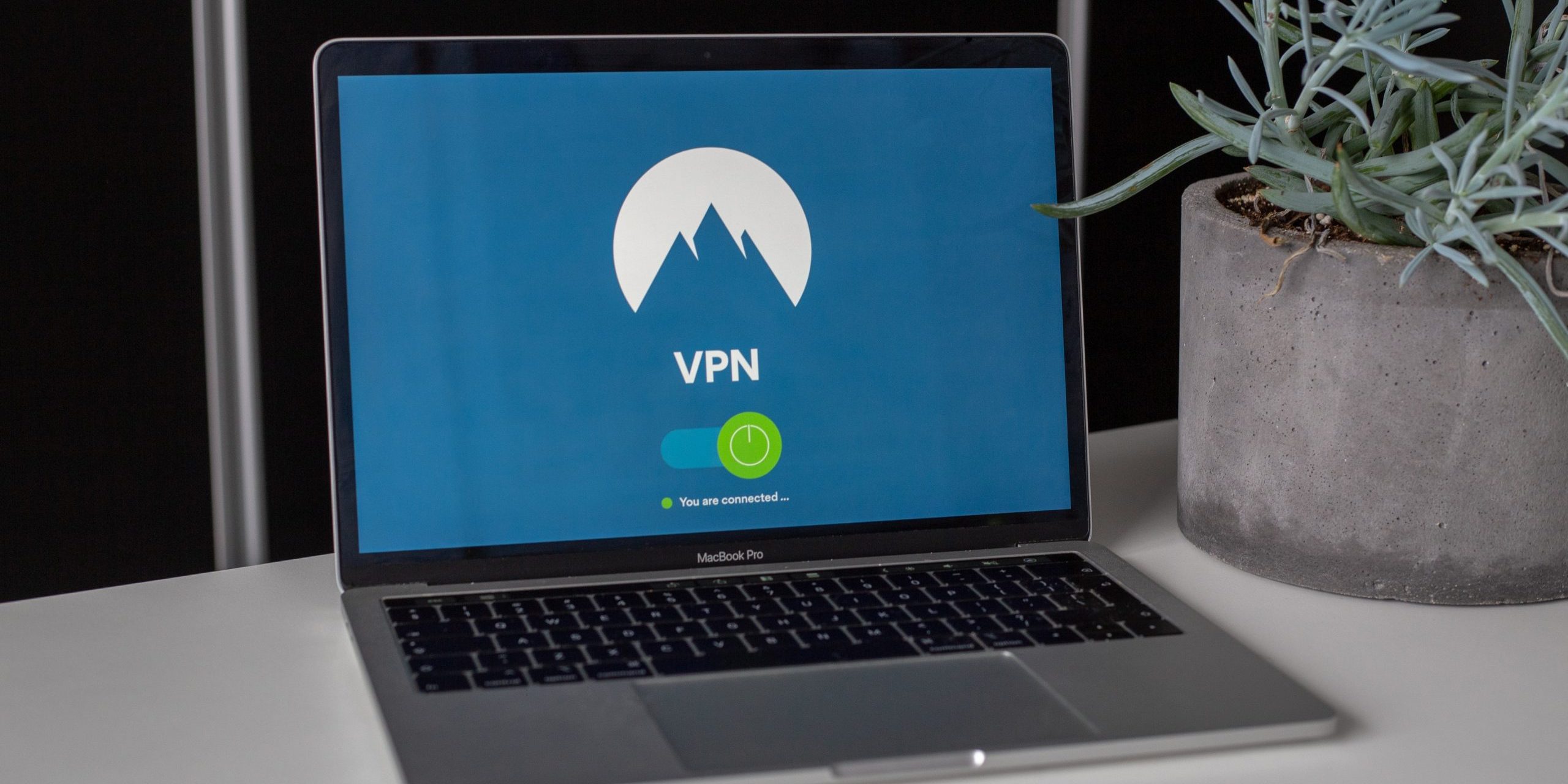Some questions in life are complex and difficult to answer. But the question whether or not you should use a VPN. The answer to that is absolutely YES, YES and YES!
What is a VPN?
VPN stands for virtual private network. It takes all internet traffic between an endpoint (e.g. smartphone) and a server, and routes it through an encrypted virtual tunnel. Hackers don’t have the key, and so they can’t snoop on your data.
And if you don’t think this matters because you’re not accessing sensitive data, remember: there are no “harmless activities” anymore. Even something as ordinary as logging into your Instagram account could give hackers the window of opportunity they need to launch a full-scale attack that may unfold weeks or months down the road. They really don’t need much information to inflict major financial damage.
How it works
The best way to think of a VPN is as a secure tunnel between your PC and destinations you visit on the internet. Your PC connects to a VPN server, which can be located in the United States or a foreign country like the United Kingdom, France, Sweden, or Thailand. Your web traffic then passes back and forth through that server. The end result: As far as most websites are concerned, you’re browsing from that server’s geographical location, not your computer’s location.
We’ll get to the implications of a VPN’s location in a moment, but first, let’s get back to our secure tunnel example. Once you’re connected to the VPN and are “inside the tunnel,” it becomes very difficult for anyone else to spy on your web-browsing activity. The only people who will know what you’re up to are you, the VPN provider (usually an HTTPS connection can mitigate this), and the website you’re visiting.
Other VPN Benefits
In addition, a VPN can hide your identity since your smartphone (or tablet, laptop or computer) will have the IP address of the VPN server. Some VPN tools also allow you to select an IP address for a server based in another country. For example, you may be eating a delicious croissant in Paris, but it can appear as though you’re in New York City, Tokyo, Berlin, Montreal…and so on.
VPNs are not only useful when using an untrusted public network. They also help your remote workers when they need to connect to remote data centers, or when they’re trying to access resources on a network that is on a different LAN.
Warning: VPNs Don’t Make You Totally Invisible
While we definitely recommend using a VPN, it’s important to keep in mind that they don’t make you totally invisible. Sophisticated hackers — as well as the government and law enforcement agencies — can still trace your identity and activities (not that you would do anything to capture their attention, of course!). Privacy against passive surveillance? No problem. Protection against an active and hostile government? Probably not.
Still, VPNs are an important layer of defense — either to lock out average hackers, or convince sophisticated hackers to ignore you. It’s like a home alarm. Experienced burglars can disable pretty much anything. But if you have a good system, burglars are much more likely to skip your house and find an easier target.
Hackers are much the same. They’re usually motivated by money and will focus on victims that present the easiest opportunity. If you have a strong VPN, there’s a good chance they’ll skip you and target someone else without a VPN (and the number of people who use the public internet without a VPN is shocking!).








